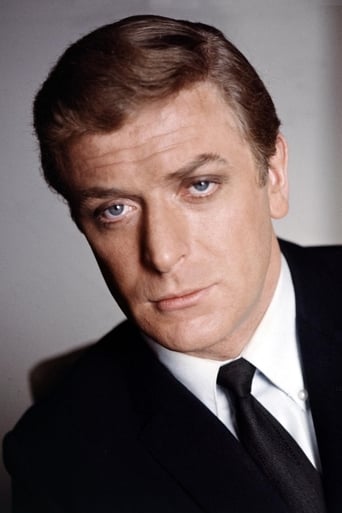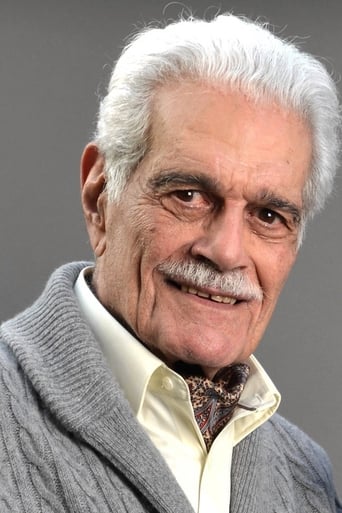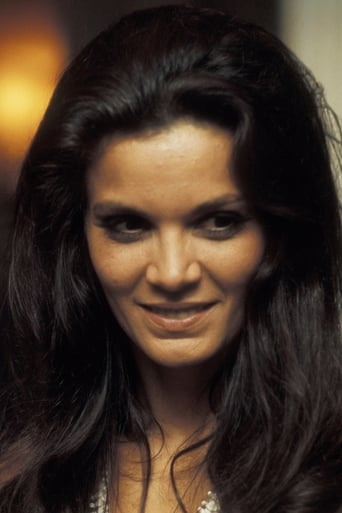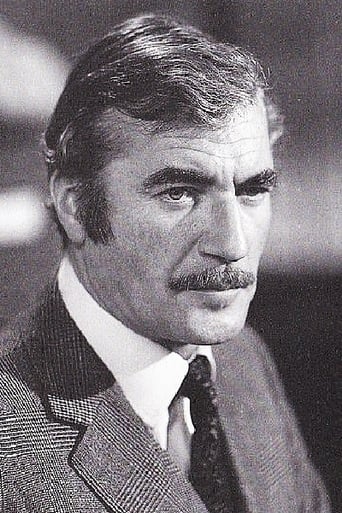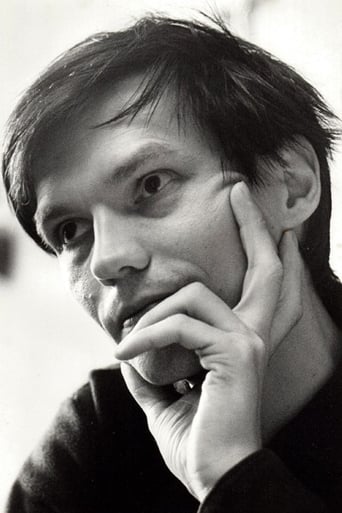Listonixio
Fresh and Exciting
Tedfoldol
everything you have heard about this movie is true.
Stevecorp
Don't listen to the negative reviews
Nayan Gough
A great movie, one of the best of this year. There was a bit of confusion at one point in the plot, but nothing serious.
rogerdarlington
Over my many years of cinema-going, I've viewed a whole range of movies with titles beginning "The Last .." including "The Last Emperor" (1987) and "The Last Samurai" (2003). "The Last Valley' may not be the best-known film with this kind of title, but it made an impression on me when I first saw it at the cinema in 1971 and still resonated with me when I viewed it again on DVD some 46 years later.It is partly the unusual historical context: the story is set during the repeated bloody clashes of Catholic and Protestant armies largely in German-speaking continental Europe in the Thirty Years War of 1618-1648 and reference to a particular battle in a line of dialogue places the period more precisely in late 1643 and early 1644. It is partly the important subjects that it addresses: the narrative is a sharp critique of the role of religion and superstition in fostering hatred and war and the leading character eventually shouts at the local priest: "There is no Hell. Don't you understand? Because there is no God. There never was. Don't you understand? There is no God! It's a legend!".This British film was written, produced and directed by James Cavell before he became famous for his blockbuster novels. The 17th century village in question was recreated in the valley of Trins in the beautiful Tyrol region of Austria. The Catholic villagers who live there may look rather too clean and well-clothed for the period but the mainly Protestant soldiers who occupy the valley certainly look the part. The music is from John Barry who had made his name with the early James Bond movies.At the heart of the story is the changing fortunes of the characters as they are subject to competing sources of power: civil authority in the shape of the head villager Gruber (Nigel Davenport), religious dogma provided by the village priest Father Sebastian (Per Oscarsson), military authority imposed by a character known only as The Captain (Michael Caine), and the voice of reason and tolerance offered by the academic refugee Vogel (Omar Sharif). In the course of the story, each will have his moment of triumph but each will suffer grievously in this under- known and under-appreciated film.
Tweetienator
This is one of the few movies that play in the times of the so- called The Thirty Years' War, that was one of the longest and most destructive conflicts on Central European soil (1618-1648), around 8 million people died through war, hunger and illnesses like the Black Death.I just remember Flesh and Blood (Rutger Hauer, director Paul Verhoeven in 1985) and recently Black Death (2010) with Sean Bean and Carice van Houten (ofc playing a sexy as hell witch) playing at these times of hardship.The movie got two really great actors - Omar Sharif and Michael Caine and involves everything that the dark medieval times in our imagination evoke: war, religious superstition, witchcraft, witchhunt, death, the Black Death.The story: a band of mercenaries occupies a from war untouched valley and peacefully coexist with German Catholic villagers, but the balance is very delicate and the Captain, leader of the mercenaries, must rule with an iron fist and his and the wits of a teacher to keep the peace, as the peaceful coexistence is endangered by the power struggle with a fanatic Catholic priest and the richest landowner in the valley, and the greed of his soldiers. The movie looks a little dated but the story and the good acting make this one a little, maybe forgotten gem. If you like the other mentioned movies this one is definitely a movie for you.
Theo Robertson
Vogel a teacher treks through early 17th Century Germany . Stopping at a village it comes under attack by a mercenary force . Narrowly escaping with his life he comes across a village in a valley , Resting there he awakens only to find himself captured by the mercenary band . He is given two days to negotiate with the village elders and the villagers and mercenaries come to an uneasy alliance I first saw this movie perhaps as much as 30 years ago and despite forgetting its title do remember the cast names and the amount of violence it contained . This is a relatively brutal and violent film for its era , not so much gory but containing a brooding and nihilistic mood , worthy of the time its set in . I had little knowledge of the 30 Years War so had a quick look on Wikipedia and was shocked that it had as many as 8,000,000 casualties . The Great War of 1914-18 led to 10 million war deaths but you've got to put this in to perspective that war involved of millions of combatants from standing armies armed with the most effective weapons of slaughter ever devised at that point in human history . It says a lot about the horrors of the 30 Years Wars if millions of people were being killed by personal weapons like axes and swords . Worse too was the fact that no matter what none of the sides fighting would appeal to anyone on the side of secular democracy or humanism What this film does very well is point this fact out with the mercenary band led by the unnamed Captain being very pragmatic and ulterior because to give in to religious dogma would be to spell disaster though this doesn't make his character any nicer . Of course this means you're watching it from a 20th Century viewpoint with the voice of reason of Vogel being far too reasonable and anachronistic to be an entirely credible character from the period but it does paint a grim picture of the past with plague , famine feudalism and worst of all religious conflict blighting civilisation and I wonder how many people watching this film in 2013 were constantly reminded of Afghanistan ? As we all know Michael Caine has a very checkered career but 1971 was something of a vintage year for him with GET CARTER released at the same time . We don't get Caine's grating cockney tones and whilst his Germanic accent sounds more Dutch than German it never falls in to parody which is what easily could have happened . The supporting cast are also more than competent featuring a host of well known Brits like Davenport , Blessed , Gothard , Hogg , Shepard and Hallem but the stand out performance is Swedish actor Pers Oscarsson as Father Sebastian whose dogma is always in conflict against the pragmatic unbelieving Captain and it's this abrasive character interaction that makes the movie a must watch Some things don't work entirely and the story has a rather strange structure where a power struggle/revenge subplot that should be the natural climax taking place far sooner than it should . Indeed my memory cheated on this point and thought this where was the film ended on my first viewing of it . There's also a relatively unnecessary subplot about witchcraft but upon rewatching the film ( This movie demands to be seen more than once ) was slightly startled that perhaps this character may indeed have had second sight and might not have been an unnecessary subplot . But these are minor problems and apart from the excellent cast , intelligent subtext we also have fine cinematography alongside a haunting score from John Barry in a film that strangely flopped when it was released in 1971 and appears on TV stations very rarely
drarthurwells
Superficially about the 30 years war in Europe in the early part of 17th century, this insightful film portrays much about human personality and relationships. Much of human thought is influenced by thought disorder (loose associations and delusions). This thought disorder often goes unrecognized as it is shared by many others, and thus regarded as reality-based. The people in this film (except for the main characters of the Captain, village leader, and wandering teacher) are a study in this human tendency to construct ideas based on thought disorder. This makes for a more fascinating film that adds to the enjoyment of the fine story depicted. Caine's laid back performance is brilliant. Sharif does his Dr. Zhivago thing as modified to fit this story. This is a classic that one can enjoy in repeted viewing every 5 to 10 years.

